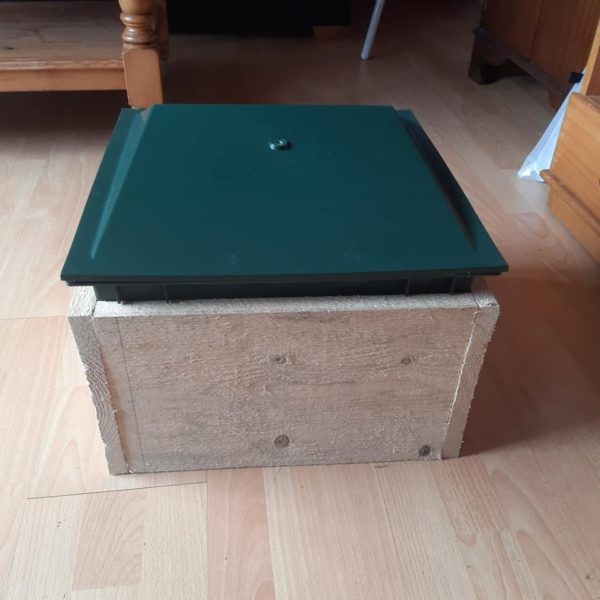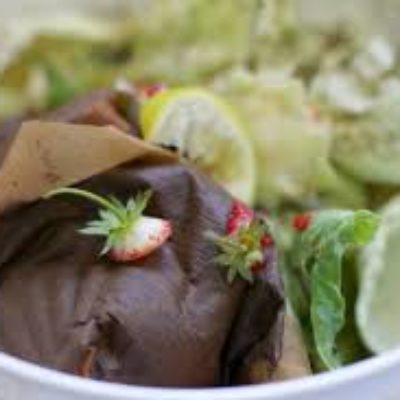Tag: compost, Composting, food waste, pet waste, wormery Posted: Donal Date: August 19, 2019
Building the perfect composting beast (Part 1)

Composting, whether hot or cold, consists of different stages of biological activity. In a large compost bin where new material is being added all the time, there can be a very mixed array of conditions within the bin. A large bin can also retain huge amounts of moisture from waste grass, fruit and vegetables, giving rise to smelly and swampy composting.
A satisfactory solution, as I see it, is to divide the materials into different stages of biological activity, which is to say different ages of composting.
Fresh material, when added to the composting system, is high in food for bacteria but also for flies, wasps etc. It rapidly changes form and turns to sludge, while still smelling like the material that it was (onion smells like onion, grass smells like grass and so on).
When a “green” composting material such as food or grass turns to sludge, the high moisture levels mean not enough oxygen for beneficial composting bacteria to survive. The sludge turns anaerobic, and starts to putrefy and smell rather odd…
The best way to avoid this is to ensure that all green materials are broken up into small pieces, and then mixed thoroughly with brown materials. As well, air space should be introduced wherever possible amongst the decomposing material.
The picture above is a prototype for a new design of composting system. It is loosely based on the milk crate composter system, which in turn derives from the terracotta pot system developed, as far as I know, in India. I won’t get into explaining those here, but do please look them up if you are interested.
The new composting system (working name “The Magic Box Composter”) can compost pet waste or fruit and veg waste from your kitchen. If you want to compost dog or cat faeces, that’s absolutely fine, but be aware of what you’re dealing with. These faeces contain pathogens which will not be killed off by a slow/cold composting process. Therefore, you should not use the resulting compost in areas where people or pets will be active, or for growing food plants in. But you should still be able to make fine compost, which will benefit the plants in your garden, as well as providing a solution your pet waste issue.





